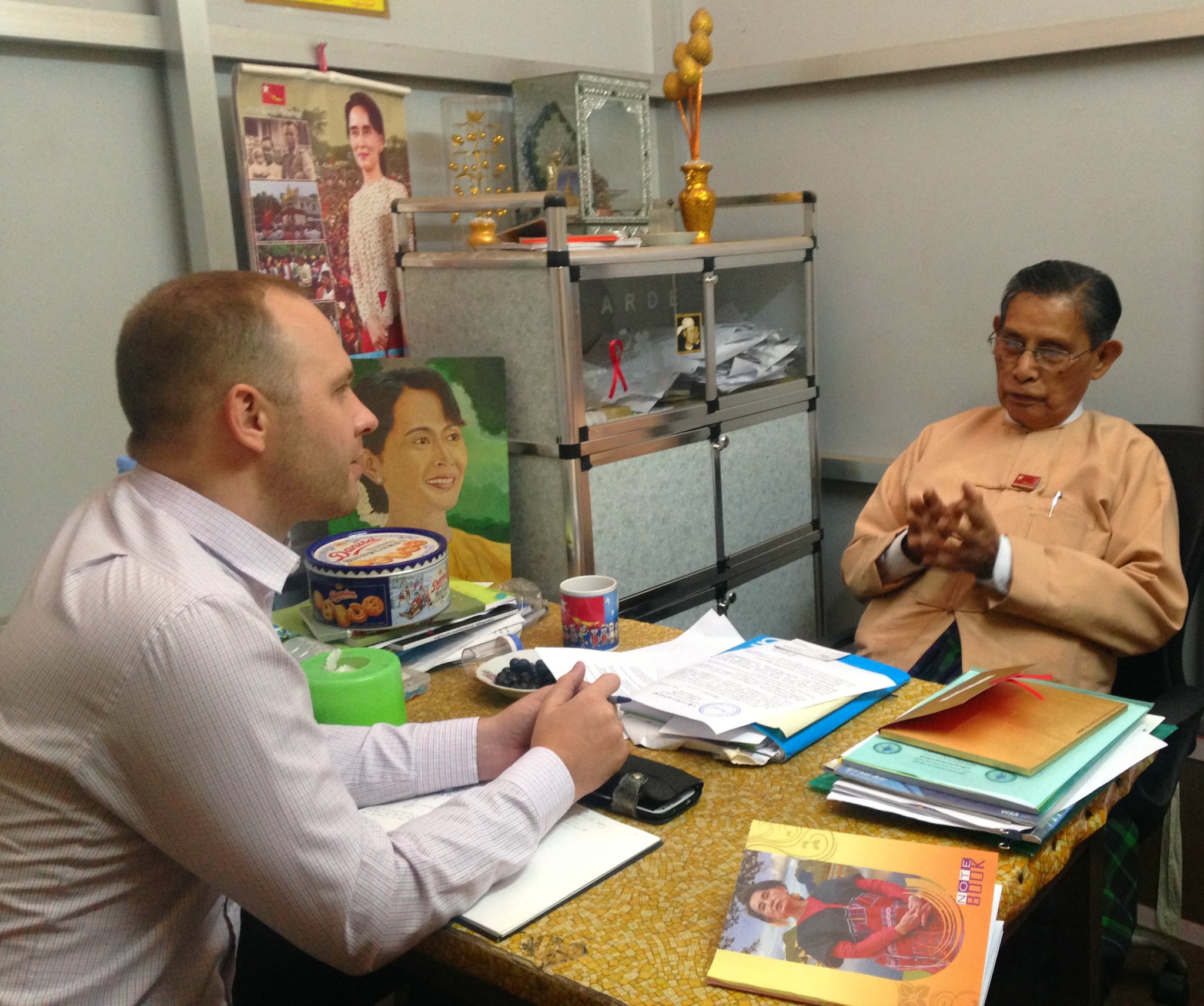We’re Development Practitioners Who Know Politics. Here Are Our Top Recommendations for Thinking and Working Politically.

The concept of “Thinking and Working Politically” is gaining traction in the development community.
It is based on the idea that development happens within a political context, and that development effectiveness depends on the overall political motivations that drive stakeholders’ actions – and that all aid is therefore “political”. How does one incorporate political analysis to overall development assistance? Thinking and working politically” has been used to describe a number of different processes, from informal rolling interviews with program partners or beneficiaries to full-scale, formal political economy analysis.
But thinking and working politically clearly is about more than just implementing a tool. It’s about connecting existing and trusted relationships with political stakeholders to program management, and informing the daily decisions that development practitioners make to ensure our programs are relevant, responsive, effective and sustainable. Further, it’s about making sure that our understanding of the political environment is dynamic and able to keep pace with the complexity of political change.
As an organization dedicated to advancing democracy worldwide, IRI’s staff are not only involved in “Politics” (with a capital P), but also (small-P) “politics” – the whos, hows and whys of decision-making that are the very core of thinking and working politically. Based on their collective political experience in contexts ranging from the most grassroots community networks to the national government, and from countries all over the world, we asked IRI staff to explain how they do it. How does IRI’s approach to thinking and working politically ensure that we use every opportunity, even the informal ones, to better understand the context in which we’re working? How do we continue to build that understanding as a program progresses? Here are a few tips from our experts.
1) Invest time and resources in networking
Relationships are key. Contacts and networks that yield real, “insider” knowledge are the result of years of relationship-building. In the countries where we work, IRI has created networks of depth, breadth and variety, because we invest the time – sometimes over years – to reach out to everyone from national leadership to elected officials throughout the country to community activists and national and local civil society organizations. Building relationships based on trust means that when we ask about questions about how political developments might affect our programs, we’re more likely to get an unvarnished, candid response.
2) Hire staff who can fully engage in the local context
Familiarity with local languages and cultures is critical to understanding and interpreting political contexts. Political knowledge does not result from sitting behind a desk reading English-language news sites, attending formal meetings or relying on a translator. Real understanding results from direct, ongoing, one-on-one engagement with experts and beneficiaries. When possible, IRI hires key personnel who can engage in the local language and are fully versed in the cultural and social norms needed to conduct in-depth, substantive discussions and analysis.
3) Be entrepreneurial in finding information
Understanding what’s going on in the political world is a daily responsibility that depends on seeking out ad hoc opportunities to learn things and meet with people. For IRI, that means attending political/civic rallies and events, asking our network to introduce us to people or finding a way to introduce ourselves, building localized social media networks to better engage with stakeholders, and regularly reviewing a huge variety of media sources– including traditional and new media, and regional language and regional outlets.
4) Know how to vet and filter information
Triangulation is critical. Even the most seemingly objective observer of politics provides their own spin on what’s happening, or might be reluctant to tell you that something you’re doing isn’t working or won’t work. And sometimes information is based on rumor and even deliberate disinformation. So any data point about a political system should not be taken at face value. IRI leverages its long-term country experience to vet the information that we’re hearing, and rely on our networks to triangulate information to determine how likely it is to be accurate.
5) Streamline decision-making to ensure timely use of new insights
The more quickly programs adapt to constant contextual changes, the more likely it is that those adaptations will improve our programs. IRI has a communication structure in place designed to immediately respond to political changes by empowering in-country staff to make real-time decisions as much as possible. Lengthy, formal reports are discouraged in favor of bulleted briefs and even telephone conversations outlining the information and proposed programmatic response. We make sure that field and DC leadership have a clear understanding of what decisions must be vetted by DC leadership and/or the funder and we incentivize timely, proactive decision-making.
Top